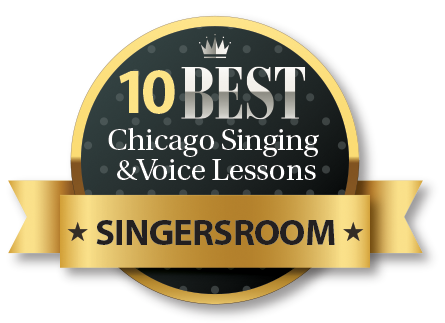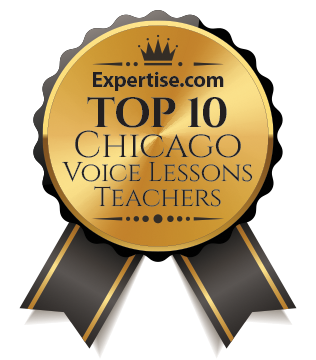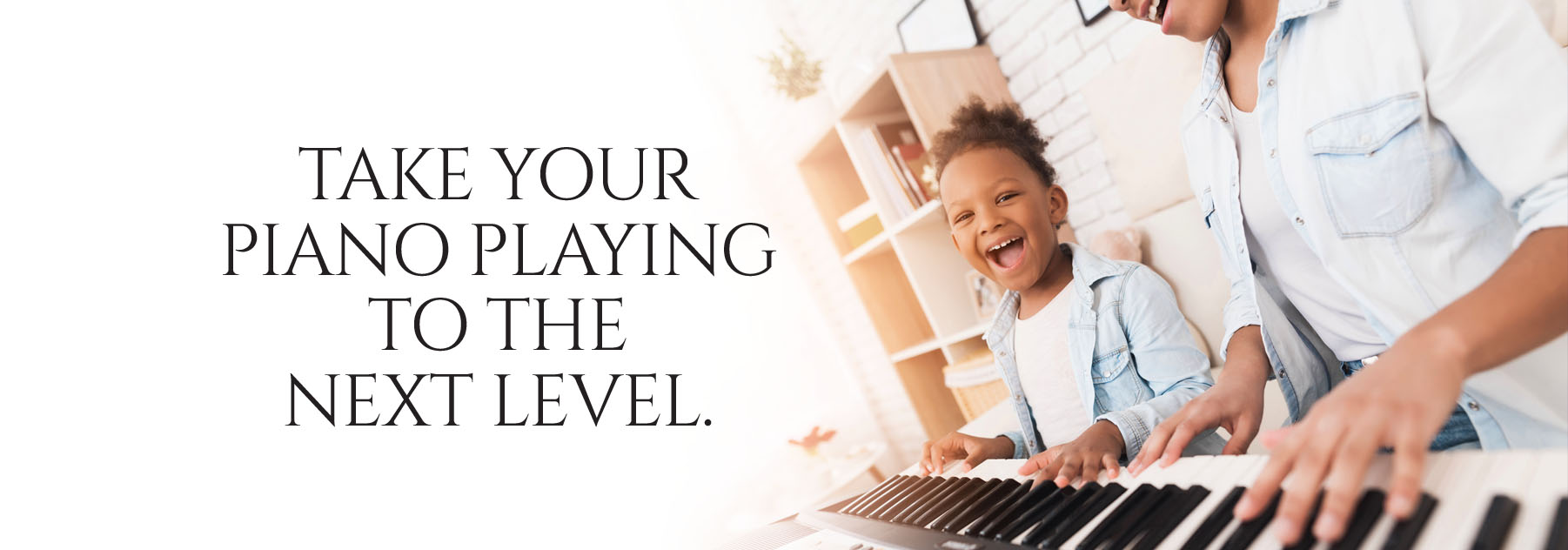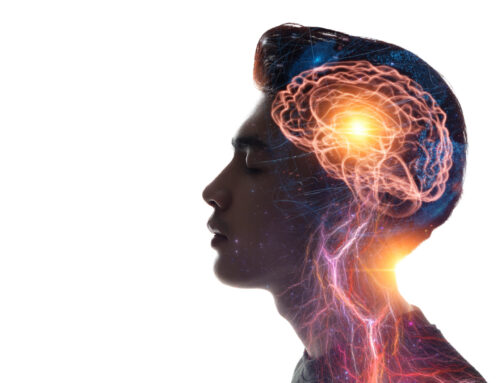I love teaching beginners. Not everyone can say that, but I genuinely love it. When I write the word “beginner,” I am aware that most people will look at that word and think, “oh, she means little kids.” And that’s true, to some extent. But you may be surprised to learn that the majority of beginning piano students who walk through my door are not kids, but adults.
Parents who engage their children in music are doing them a great benefit to be sure. There are a whole host of scientific studies out there that prove the developmental benefits of musical education in young children. For example, in 2016, scientists at the University of Southern California’s Brain and Creativity Institute discovered that children who are exposed to music from an early age are more likely to have better reading, communication and language skills. Dr. Eric Rasmussen, chair of the Early Childhood Music Department at the Peabody Prearatory of The Johns Hopkins University has stated, “There’s some good neuroscience research that children involved in music have larger growth of neural activity than people not in music training. When you’re a musician and you’re playing an instrument, you have to be using more of your brain.” Motor skills, cognition, emotional intelligence, special reasoning…all benefit from a musical education.
But did you know that adults can benefit greatly from musical study too?
A plethora of research indicates that musical study can lessen the symptoms of anxiety and depression, and can even provide more clarity of mind for Alzheimer’s patients. Musical study can protect memory, hearing and brain processing as we age. Learning how to read music is akin to learning a new language, and the amount of multitasking that takes place is mentally stimulating. That mental stimulation is vital in developing neurological “plasticity.” Apart from these benefits, music study is fun! And who couldn’t use a stimulating, enjoyable recreational activity that builds creativity and confidence?
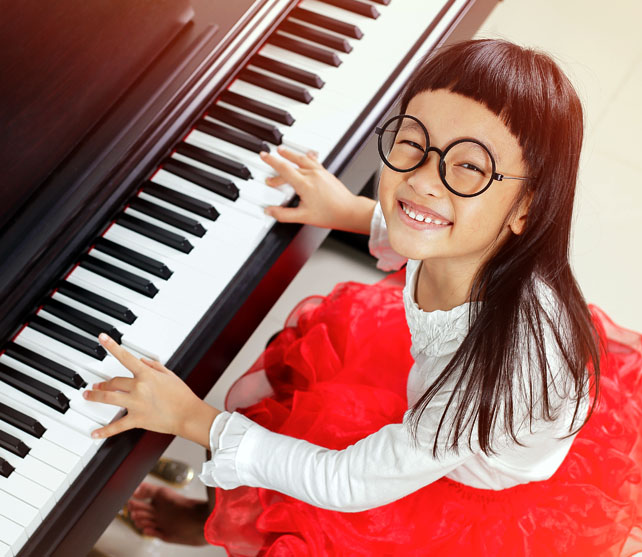
Now, back to my original point: I love teaching beginners. Adult beginners have it tough – we know enough to understand what we don’t know. Kids are used to getting things wrong, but adults? Well, we tend to think that because we’re all grown up, we shouldn’t make mistakes. Most of my adult beginners struggle at first with feelings of embarrassment: “I’m not improving fast enough,” or “I knew this yesterday,” “or “I’m just terrible at this.” The truth is, learning an instrument is hard and takes a lot of time! Just like children, adults learn best when their senses of play and curiosity are stimulated. Creating an environment where my adult students can have fun, celebrate their accomplishments (no matter how big or small), and make mistakes without judgement is one of the greatest joys I have as a teacher.
For piano, the saying “it’s never too late to learn” is absolutely accurate. So, if you’ve always wanted to try playing the piano but never thought you could, consider this your sign to jump in with both feet! You’ll never regret it – and you’ll learn a whole lot along the way.
